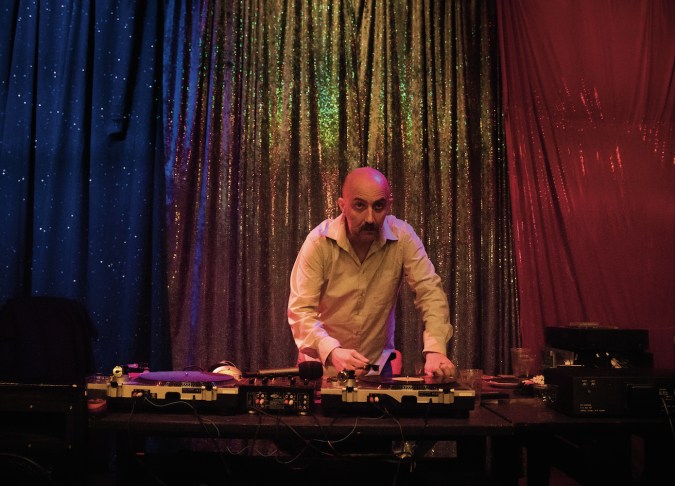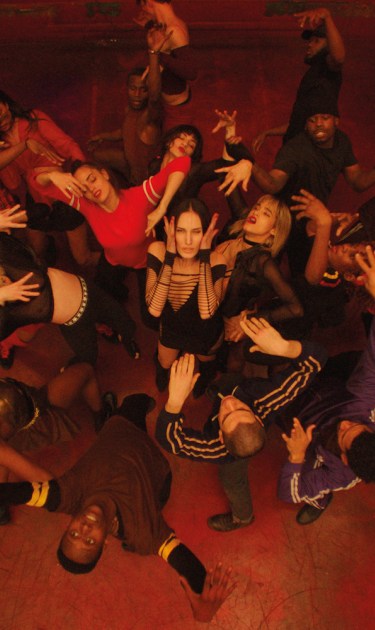Gaspar Noé’s dance-propelled Climax, a visceral trip into the most ferocious side of humanity, proudly flaunts its nationality via a title card that reads: “A French film and proud of it.” Noé’s personal history and national identity, however, aren’t as clear cut.
From a practical standpoint, Noé believes his radically shot, unforgiving movie labyrinths are easier to realize in France because that’s where he’s resided most of his life and where he’s found fearless collaborators that won’t limit him. “People who finance or produce my movies do it because they like cinema,” he said speaking to Remezcla over the phone from Paris. There was never a script for Climax, only the kinetic concept of a dance group’s party gone savagely awry.
But in spite of what’s listed on his passport, the soft-spoken filmmaker is not originally from France but Argentina. The son of influential Argentine painter and author Luis Felipe Noé, Gaspar Noé was born in Buenos Aires in 1963. When he was just a few months old, his parents relocated to New York City, where they would spend a few years for his father’s Guggenheim fellowship. He would then return to Argentina as a young child and lived there until, in his early teens, his family’s leftist politics forced them to escape the 1976 coup.
In Paris, Noé was a happy boy going to the cinema and reading comic books, but his homeland endured as an important part of him, even if as the years went by the likelihood of him resettling permanently in South American diminished. “For me Argentina is my childhood. I love speaking Spanish. I love eating meat,” he explained. “Buenos Aires is my second home. Whenever I show a movie there, my father is there with all his friends and my cousins.”
He’s maintained his Spanish fluency by visiting and talking to his parents regularly, traveling to promote his provocative works, and watching films from across Ibero-America. “Spanish is an extremely rich language because every Latin American country has its own slang, every part of Spain has its own slang. When you travel you rediscover your own language all the time. There are hundreds of ways of speaking Spanish,” he enthusiastically stated.

Unavoidably, the obligatory question was whether he would ever consider making a movie in his native language. “I don’t know when it’s going to happen, but I’d love to one day make a movie in Spanish,” he responded. For now, the closest he’s gotten to that desire is titling one his French-language short films Carne and directing the Cuba-set, dialogue-free short Ritual for the anthology feature 7 Days in Havana.
Noé also confessed he doesn’t watch fútbol, Argentina’s second religion by any measure, but he is well versed in the humorous ways in which his countrymen’s arrogance is perceived abroad. “I speak like an Argentinean. As you know, Argentinians are not the most loved people in Latin American by other Latin Americans. There are so many jokes about Argentinians,” he said amidst laughter.
Being Mexican, I couldn’t resist the temptation of sharing with Noé one such joke which makes the point that Argentines’ self-importance is such they believe if God had offices on earth they would be in Buenos Aires. Letting out a strident belly laugh, Noé rejoiced in trolling his compatriots.
Unexpectedly, he reciprocated by cracking a couple jokes himself. “Do you know how all Argentinean love letters start?” he asked. The answer: “‘I know that you love me.’” He followed that with a more piercing burn, “How does an Argentinean commit suicide?” The kicker: “He jumps from the top of his ego.”
The exchange surely elucidated a comedic facet of the artist many might not pick up from his brutally mesmerizing filmography.
Climax is currently playing in theaters.




